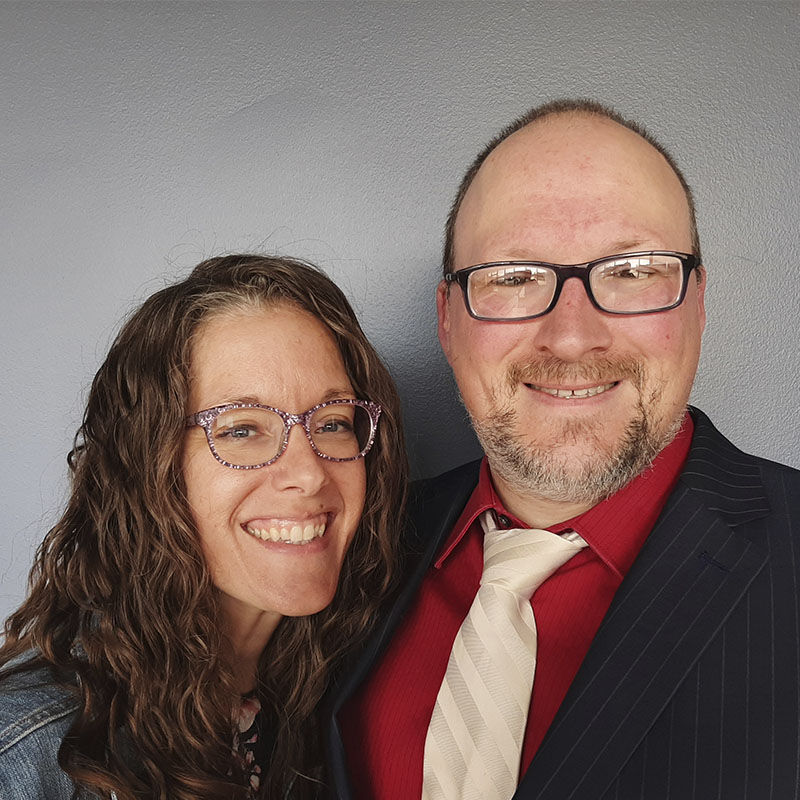The 5 Rs of Healing Relationships: Recognize
The first step in trying to mend and salvage damaged relationships is to realize that they didn’t deteriorate for no reason. We need to recognize what part we may have played in their collapse.

How does this observation strike you? “People don’t really listen to other people. They hear the words, but they aren’t really listening. They are waiting for their turn to talk, or sometimes they just interrupt with their own thinking on what is being said, or are silently judging us.”
This may sound cynical, but is it sadly true at times? Yes. So many relationships break down because of our failure to recognize that we are at least partly responsible for the collapse.
Some ways we can contribute to the failure of a relationship include neglecting to truly listen, gossiping, saying insensitive things and being self-absorbed.
When recognition and realization hit us
Sometimes our part in hurting a relationship hits us immediately. Sometimes we realize it slowly over time. Think of the following examples, and note how realizing one’s responsibility earlier could have kept the problem from getting so bad.
- “I just spent hours on Facebook arguing my ideological point of view with my friends and family. I didn’t back down or concede any points, and I kept the argument going for days. Why didn’t I just not respond in the first place?” Would saying nothing and staying calm have been more helpful (Proverbs 17:27)?
- “I just spent the past five minutes engaging in insults and gossiping about my friend. He is bound to find out, and he will be hurt by what I said behind his back.” Does gossip or being a “talebearer” count as “corrupt” communication (Leviticus 19:16; Ephesians 4:29; see “Taming the Tongue: What the Bible Says About Gossip”)?
- “I just spent that whole conversation invalidating my friend’s feelings and lecturing her instead of listening and empathizing. Will she want to discuss issues and problems with me again?” Was this a situation where I should have been “swift to hear” and “slow to speak” (James 1:19)?
- “I’ve just spent an entire conversation talking about myself again, and I’ve rarely asked about my friend’s life in the past several interactions we’ve had. How much more can my friend take of my self-centered conversation?” Do I need to consider esteeming others higher than myself (Philippians 2:3)?
- “I keep interrupting my wife or changing the subject when she is trying to tell me something, and it makes her feel that her opinion isn’t important to me. This can’t be good for our relationship.” Is this loving my wife as Christ loves the Church (Ephesians 5:25)?
Why don’t we recognize our blame?
In so many of these situations, afterward we wish we had figured it out earlier and taken care of it. What often stops us? Consider these four factors that often keep us from recognizing our part in hurting a relationship:
- Denial: Nothing is wrong or out of the ordinary. This is just how it is. Any problem is the other person’s.
- Justification: I always talk like this—others know it’s just me, and I’m not going to change.
- Obliviousness: I’m not aware of any problem. I’m just fine.
- Insensitivity: I don’t care. They need to just grow a spine.
Recognition stops the bleeding
The first step to fixing broken relationships is recognizing our part in damaging them. The faster we recognize our part, the easier the relationship will be to repair. The longer it takes, the more damage will be done (and the harder it will be to fix).
Here are some suggestions on how to recognize if we have done something to hurt a relationship.
- Pray and ask God to show you if you have done or said something to hurt the other person. Sometimes our mistakes are clear as crystal, and sometimes they are harder to discern.
-
The first step to fixing broken relationships is recognizing our part in damaging them.
Recount the incident to a third party and ask for his or her honest input. Try hard to tell all sides of the story, not just your natural perspective. Getting an outside opinion from someone who isn’t going to just tell you what you want to hear is a great help in recognizing erroneous thinking, speech and actions. - Think critically about what you said or did. Ask yourself, “If someone said (or did) that to me, how would that make me feel?” If we know our friends well enough, we may even be able to figure out how it would make them feel.
- Think deeply about your motives. Ask yourself: “Did my part in the interaction include selfishness or selflessness? Pride or humility? The desire to tear down or the desire to build up? Greater concern for the other person or greater concern for myself?”
- Ask if you really considered the other person’s point of view, preferences and personality during the interaction. Everyone reacts to things differently.
To repair relationships, recognizing we may have contributed to (or may be solely responsible for) the problem is the first step.
When we begin thinking critically about ourselves and put others’ thoughts and feelings first, we can begin this important step in the process of healing relationships.
Date Posted: March 4, 2019



